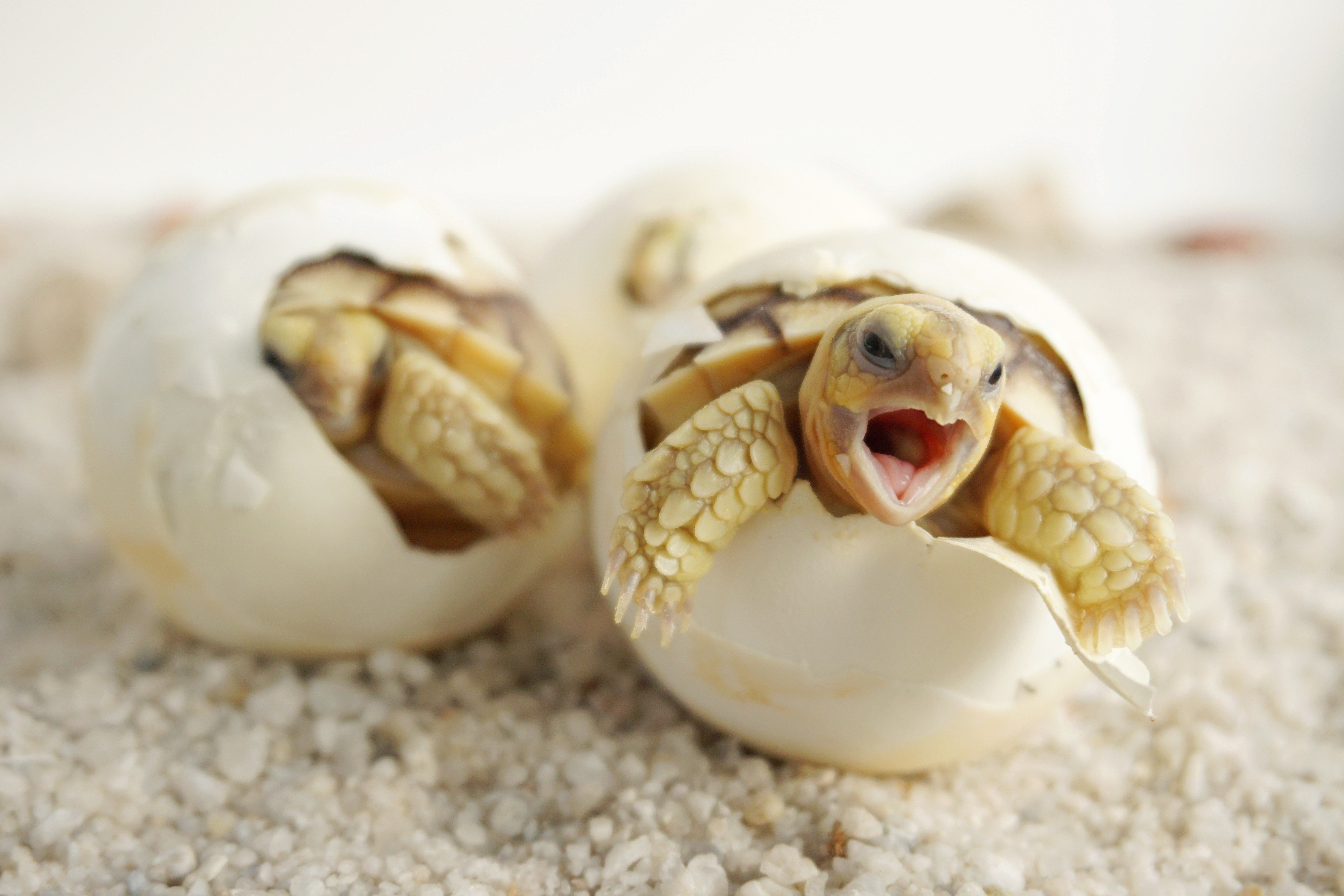Share This Article
ArrayBy Sahar Adatia and Jimmy Singh.
Anyone who’s ever seen an episode of Border Security, you’ll easily recall the queer and questionable items people have endeavoured to smuggle in and out of Australian airports.
From illicit drugs concealed in meat containers to pigeons strapped to someone’s legs, tropical fruit and even a fake human carcass, there are some people out there who think they can get away with bringing or taking just about anything across national borders, with not a care in the world for the consequences.
In the eyes of a smuggler, they can easily outsmart customs officers, trying every trick in the book to blindside them and trade forbidden articles in and out of the country.
Yet another case of attempted smuggling occurred earlier this year when two people from Belmore in Sydney’s west were discovered to be hoarding native and exotic animals in their residence, which they had been trying to trade out of Australia from November 2018.
Investigators found three entire rooms with various wildlife enclosures that contained around 180 animals.
Suspicions Raised as Australian Border Force Come Across Strange Mail Parcels
Between November 2018 and January 2020, suspicions were raised of a possible wildlife trafficking plan when a series of mail parcels were discovered by Australian Border Force (ABF) officials.
The parcels contained electronic speakers and toy trucks, but amongst them were hidden a range of exotic species, which were bound for Hong Kong and Taiwan.
The discovery led to an ongoing investigation by the Department of Environment and Energy (DoEE).
The parcels were eventually intercepted at the Sydney Mail Gateway Facility by the ABF.
NSW Police Execute Search Warrant; Discover Snakes, Turtles, Tortoises, Frogs, Salamanders, Reptile Eggs
In January 2020, as the investigation developed, NSW Police along with investigators from the DoEE Office of Compliance Environmental Crime team executed a series of search warrants at a Belmore residence.
At the property, investigators uncovered rooms in which around 180 exotic animals were being hoarded.
The specimens included 30 snakes, 43 lizards, 40 turtles, 22 tortoises, 22 frogs, 19 reptile eggs and five salamanders.
A 29-year-old woman and 32-year-old man were arrested and taken to Campsie Police Station.
They were charged with 17 offences relating to illegal wildlife trafficking.
The Department of Environment and Energy advises that Australian reptiles in particular are highly sought-after creatures overseas and that wildlife crime is now considered a specialised area of organised crime globally.
Both accused persons have been granted bail with criminal proceedings before the Burwood Local Court.
The Twofold Risk People Don’t Realise About Illegal Wildlife Trade in Australia
When it comes to trading wildlife across borders, what smugglers tend to dismiss is the fact that the risk is twofold and thus taken so seriously by officials and the courts.
On one hand of the matter, wildlife trade is simply illegal and Australia has obligations to governments globally to ensure that international trade of wild animal specimens does not threaten the survival of their creatures and plants.
On the other hand, wildlife trade is, in fact, also considered a form of animal cruelty.
This is because containing the creature and keeping it away from its natural environment means its chances of surviving the trip are minimal – making the matter of illegal wildlife trade hugely problematic.
Combined, these two factors are why the import and export of animals are so heavily controlled and why the offence attracts such harsh penalties.
Across all states and territories, people who disregard the laws around illegal wildlife trade can face hefty fines and possibly even jail time.
The Department of the Environment and Energy advise that members of the public play an important role when it comes to protecting the environment. The body strongly urges the Australian public to report suspected breaches of international wildlife laws.
Law on Illegal Wildlife Trade in Australia
In Australia, environment law matters are referred to under the Environment Protection and Biodiversity Conservation Act 1999, which controls the movements of animals, plants and products to and from the nation.
This legislation’s designed to protect the environment from risks associated with the international movement of wildlife, and as such, authorises the ABF and Customs officers to confiscate animals, plants and products that have not been brought to Australia legally.
Click here for an outline on the law and penalties around illegal wildlife trade in Australia.
Penalties range to up to 10-years jail or $210,000 fine, or both.
Want to discuss this topic with a lawyer? Contact our criminal lawyers, Parramatta based for a free consult.
Book a Lawyer Online
Make a booking to arrange a free consult today.
Call For Free Consultation
Call Now to Speak To a Criminal Defence Lawyer
Over 40 Years Combined Experience
Proven SuccessAustralia-Wide
Experienced LawyerGuarantee
 (02) 8606 2218
(02) 8606 2218
 (02) 8606 2218
(02) 8606 2218














